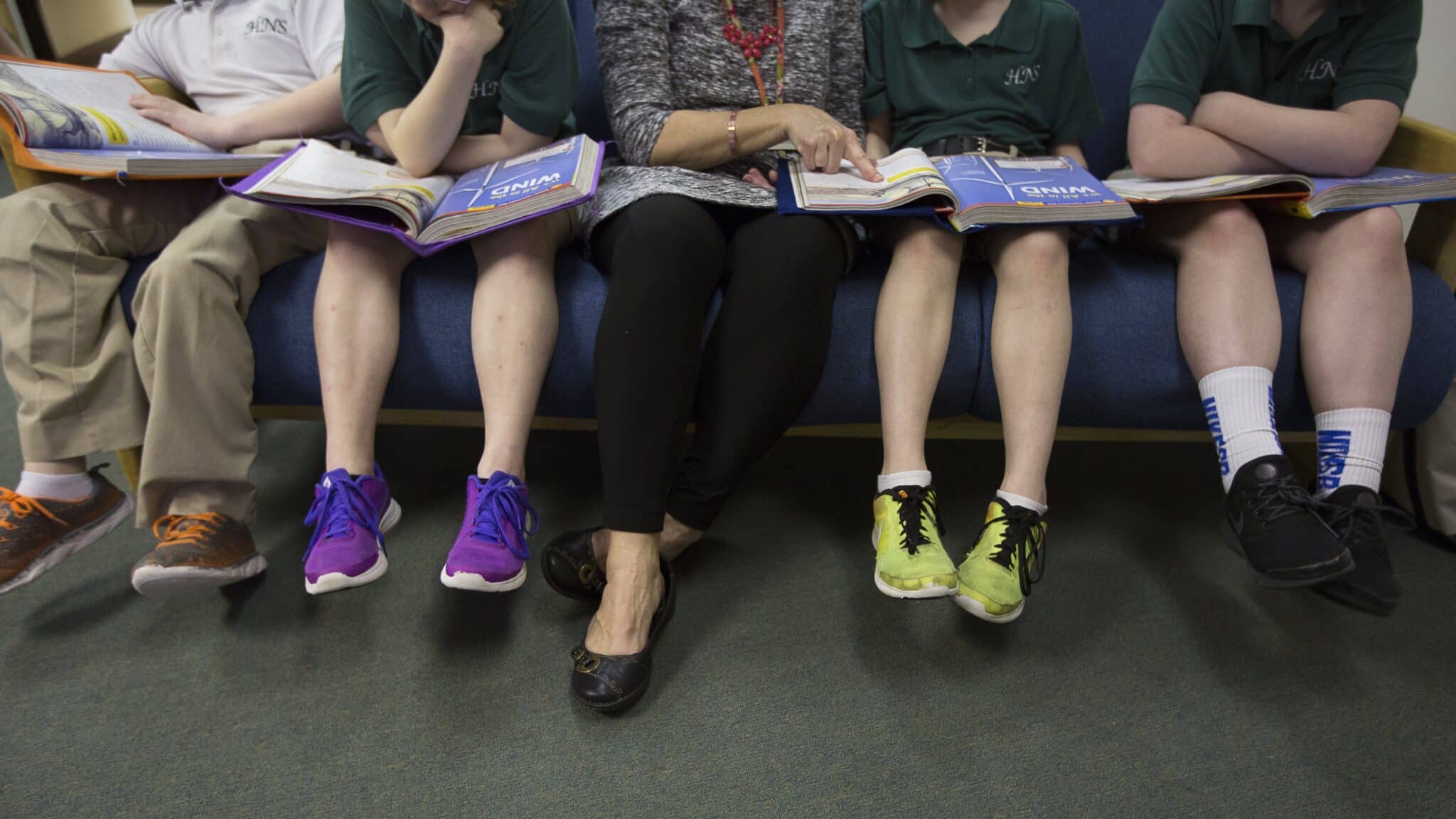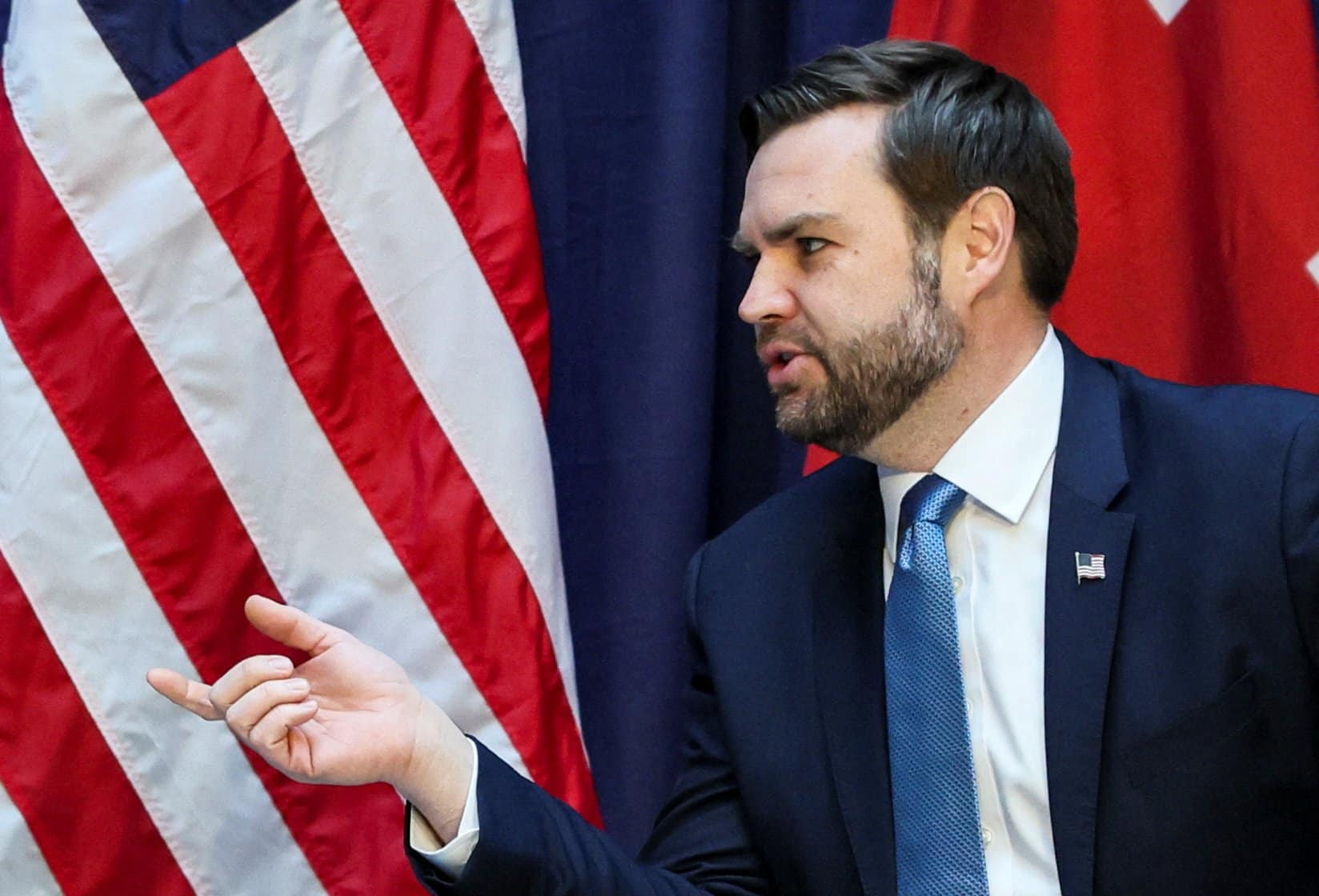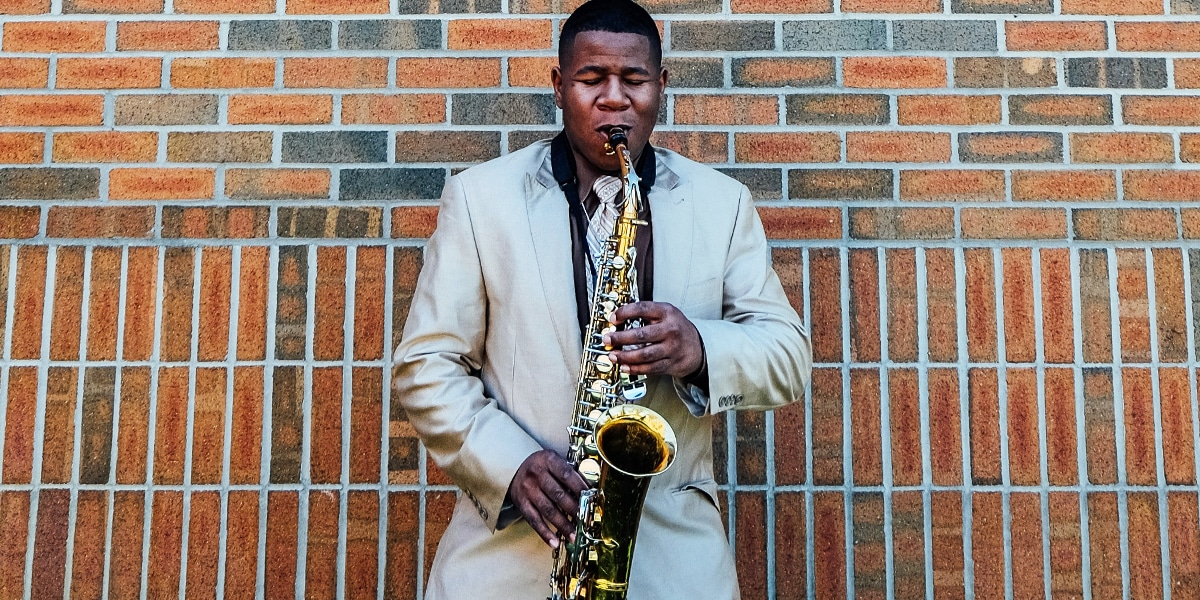ALICE. When my peers hear that name, they might think about Lewis Carroll’s wacky Alice’s Adventures in Wonderland or Arlo Guthrie’s 18-plus-minute folk classic “Alice’s Restaurant.”
Ask some 55 million K–12 students what they associate with “Alice,” and you will likely hear “ALICE Training.” This program introduces a protocol that might help students survive the breaching of their school by an armed attacker. The acronym stands for Alert, Lockdown, Inform, Counter, Evacuate.
My university introduced the program in 2012. Because it was initiated by two faculty I respect, I volunteered a class for a demonstration.
It was frightening, for my students and for me. The premise was unambiguous: A stranger might enter your classroom intent on killing you. By the time the program was available, these students would have known of Columbine and Sandy Hook, but we don’t like to think such tragedies could happen at our own school.
Now each incoming class participates in an ALICE demonstration, and every August faculty and staff watch a refresher video.
Over the years, I’ve had reservations about ALICE. Would my students (or I) remember the steps laid out in the acronym? How could this training prepare them to be on equal footing with someone firing automatic weapons with 30 rounds of ammunition? I worry even more about the emotional damage it might inflict on sensitive children, like my first-grade grandson.
As he walked through a kindergarten orientation in August a year ago, his older sister pointed to a house near the main building. In a casual voice, as if she were saying, “This is where you will eat lunch,” she told him, “And this is where you will have your ALICE Training.” That night, my daughter tells me, she found him huddled in the corner of his bedroom, afraid to go to bed, thinking about where he could hide from a school shooter, fearful that the plan wouldn’t work because there was a hole in the door for the slide of a lock.
I worry on many levels about shootings and safety plans. But given the reality that our elected representatives refused to enact meaningful gun legislation, I know we need some strategy to protect our children. I will have to trust that my school’s administrators, police (the only ones on campus with guns), and certified trainers know what’s the best course.
When a pair of criminology faculty introduced ALICE at my university, they had nothing but the safety and welfare of my students in mind.
I watched one of the ALICE trainers, the mother of two young children who sometimes accompanied her to campus, as she instructed them about routine safety issues with love and patience. Her colleague told me he believes in ALICE because it “equips the victims with important skills that empower them and increase survivability.” He and his wife have no children, but I know how he feels about the students who have been entrusted to him. In accepting the student-nominated teaching award one year, he said through tears, “I love my students as if they were my own children.”
Finally, I’m ready to call a truce. If these two loving teachers believe in ALICE, who am I to reject her?








